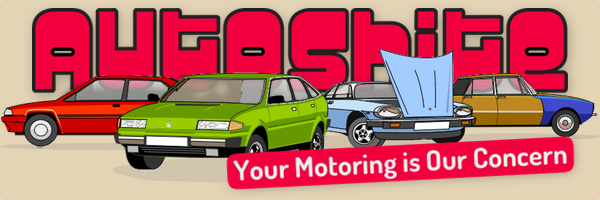Would you save much money in a smaller car
-
Similar Content
-
How much of a car dork were you as a kid? 1 2 3
By GeordieInExile,
- 68 replies
- 3,247 views
-
- 132 replies
- 12,708 views
-
If you were a car, the car that is like you
By Dyslexic Viking,
- 23 replies
- 694 views
-
How much have you spent on number plate transfers?
By mk2_craig,
- 25 replies
- 1,068 views
-
- 91 replies
- 8,737 views
-






Recommended Posts
Create an account or sign in to comment
You need to be a member in order to leave a comment
Create an account
Sign up for a new account in our community. It's easy!
Register a new accountSign in
Already have an account? Sign in here.
Sign In Now